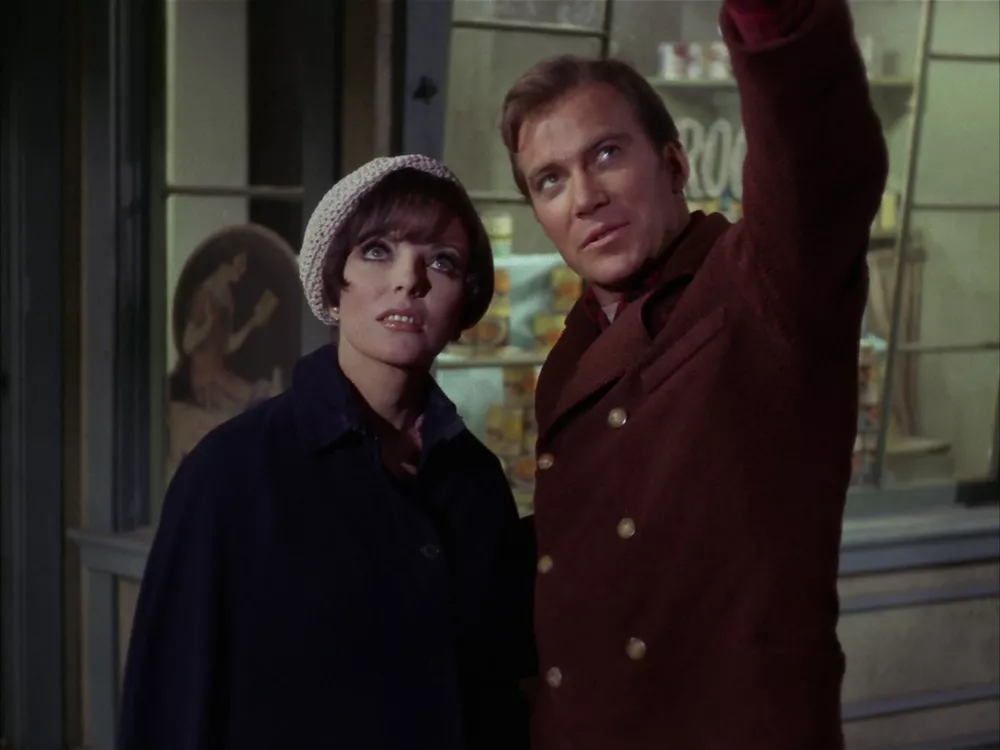
Profound and thought-provoking, above all else The City on the Edge of Forever is an exposé of the richness of James T. Kirk's character. Paradoxically, it also represents a great tragedy while at the same time Gene Roddenberry's optimistic vision of the future. Let's unpack this classic episode.
The Explorer and The Concerned Friend
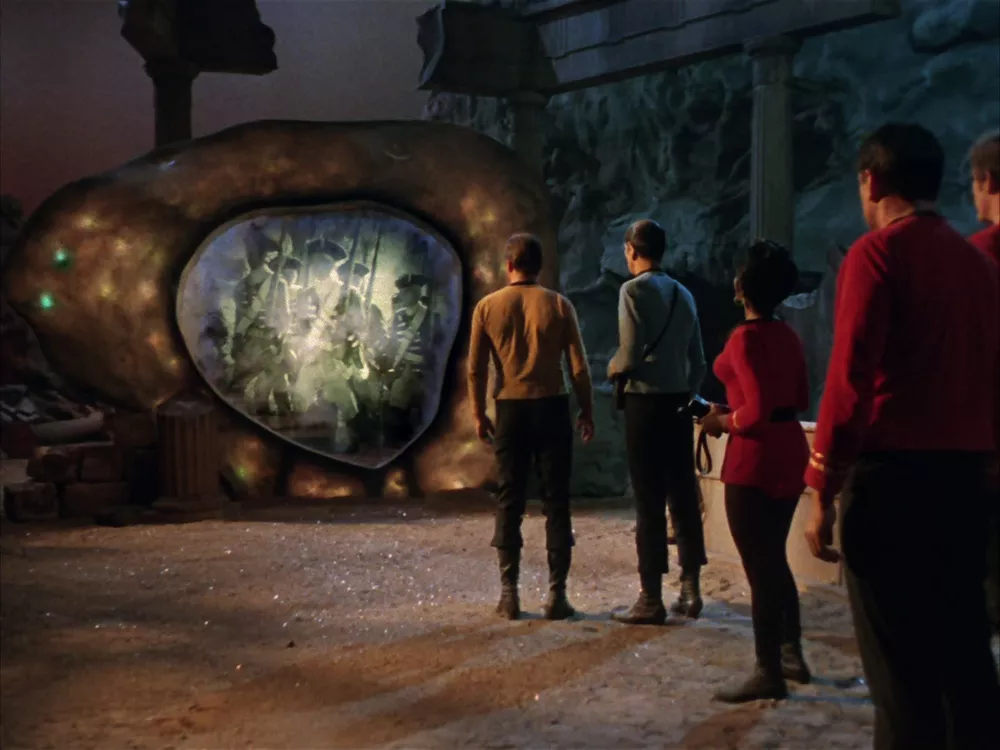
Kirk is not just a captain but also a curious explorer. This is evident when searching for the gravely injured McCoy on the planet: he's simultaneously worried about his friend while also intrigued with the myriad of possibilities The Guardian presents for exploring the past. When McCoy jumps through and changes the past, he feels a great sense of responsibility to set the timeline right.
Persuasive
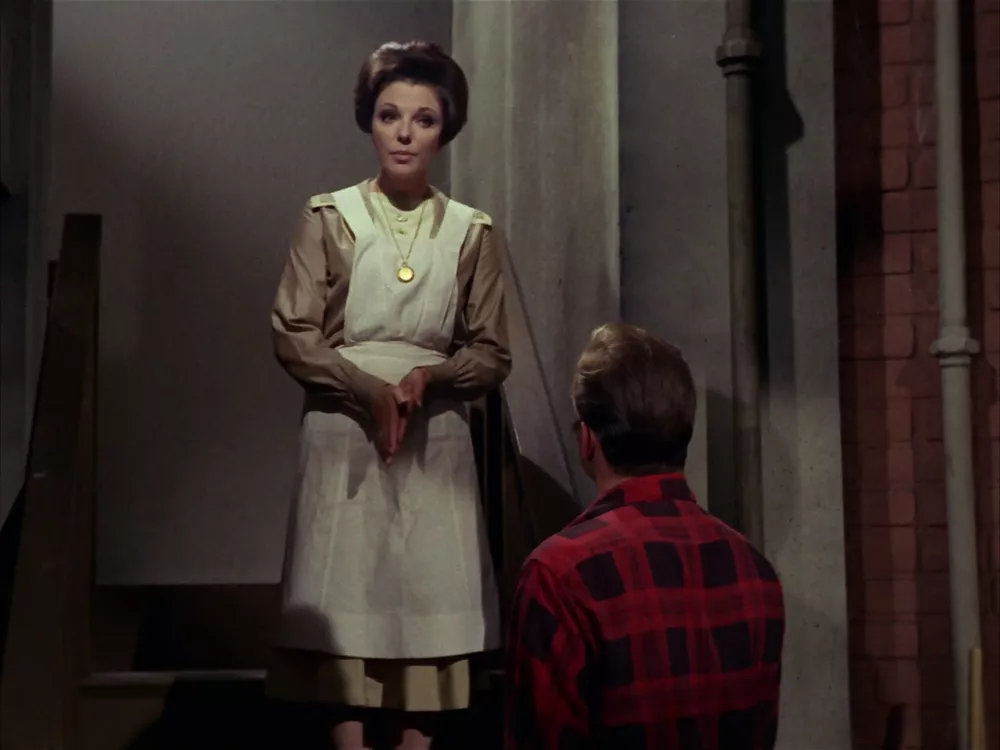
When they arrive in the 20th-century, Kirk is immediately pragmatic (e.g. stealing clothes) when attempting to blend in and survive until they can locate McCoy. When hiding from a police officer in Edith Keeler's basement, she confronts him about their intentions. He's honest and admits that they were running from the police. This humility works, and persuades her to take pity on them and offer them a job and place to stay.
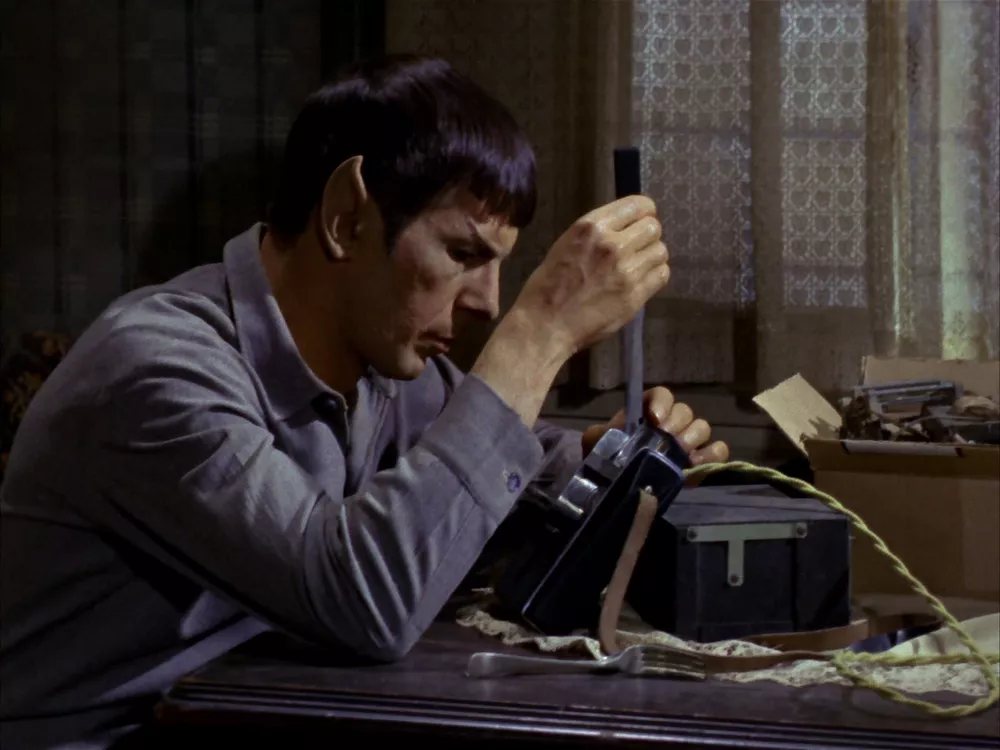
Similarly, he persuades Spock to rise to the challenge of connecting his tricorder to 20th-century technology by appealing to his love of logic. Despite working with "stone knives and bear skins," Spock does indeed succeed in being able to play back the events The Guardian displayed and learn what McCoy did to the timeline.
Gene Roddenberry's Vision
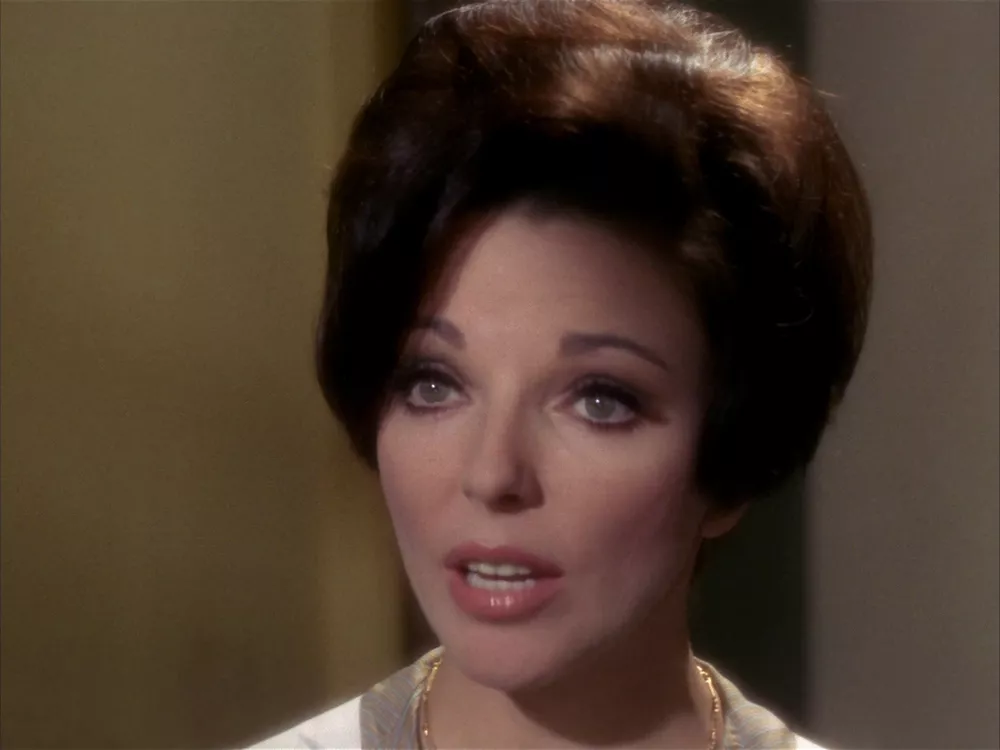
In eloquence and with a 20th-century perspective, Edith Keeler expounds Gene Roddenberry's optimistic vision of the future, the core kernel of Star Trek:
One day soon, man is going to be able to harness incredible energies – maybe even the atom; energies that could ultimately hurl us to other worlds in some sort of spaceship. And the men that reach out into space will be able to find ways to feed the hungry millions of the world and to cure their diseases. They will be able to find a way to give each man hope and a common future… and those are the days worth living for.
Captain Kirk is attracted to this aspect of her personality - her ability to envision the brighter tomorrow that he lives as reality every day. They share discussions of this future together, looking up at the stars and imagining visiting other worlds:

Kirk's Terrible Choice
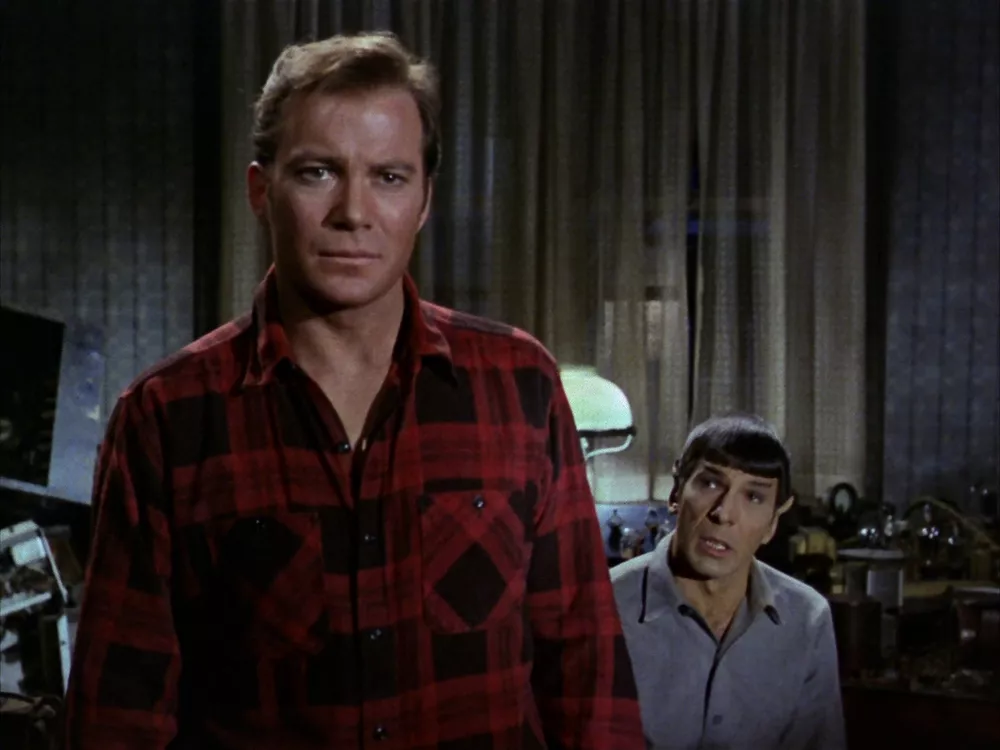
When Spock is able to play back the footage from The Guardian, he discovers that they must stop McCoy from saving Edith Keeler or history will be irrevocably rewritten and "millions will die who did not die before." Stricken, Kirk grapples with this terrible choice but ultimately realizes they must stop McCoy and let her die to save the future.
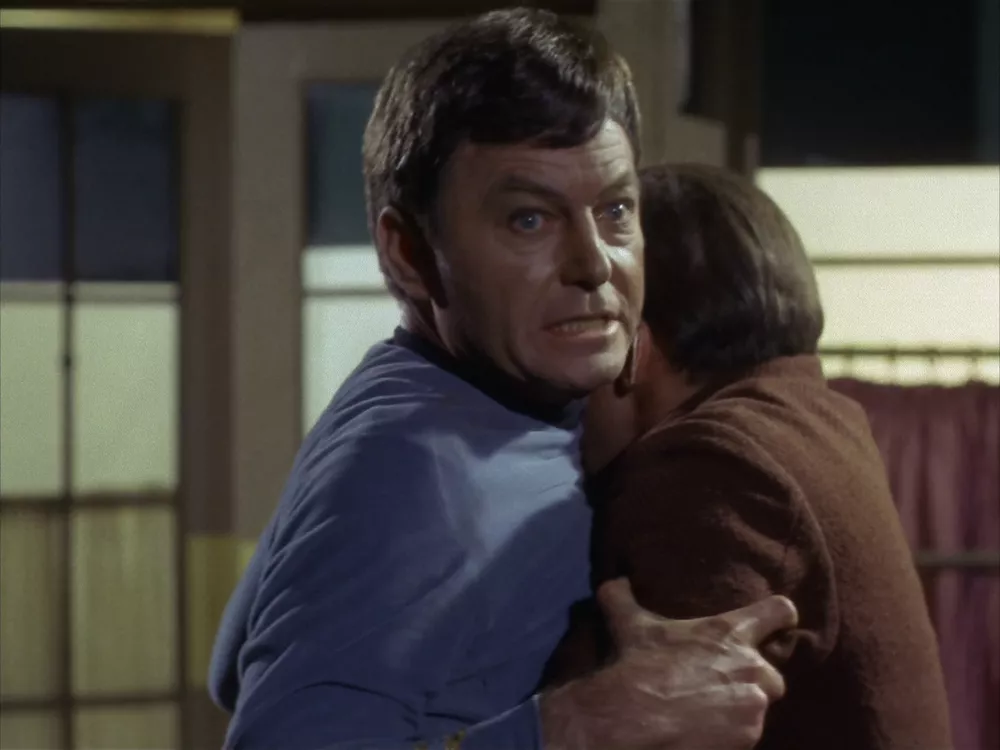
McCoy, bewildered at why Kirk wouldn't let him save Edith, cannot fathom the personal pain it causes Kirk for the greater good (something Spock would later poignantly echo in Star Trek: II):
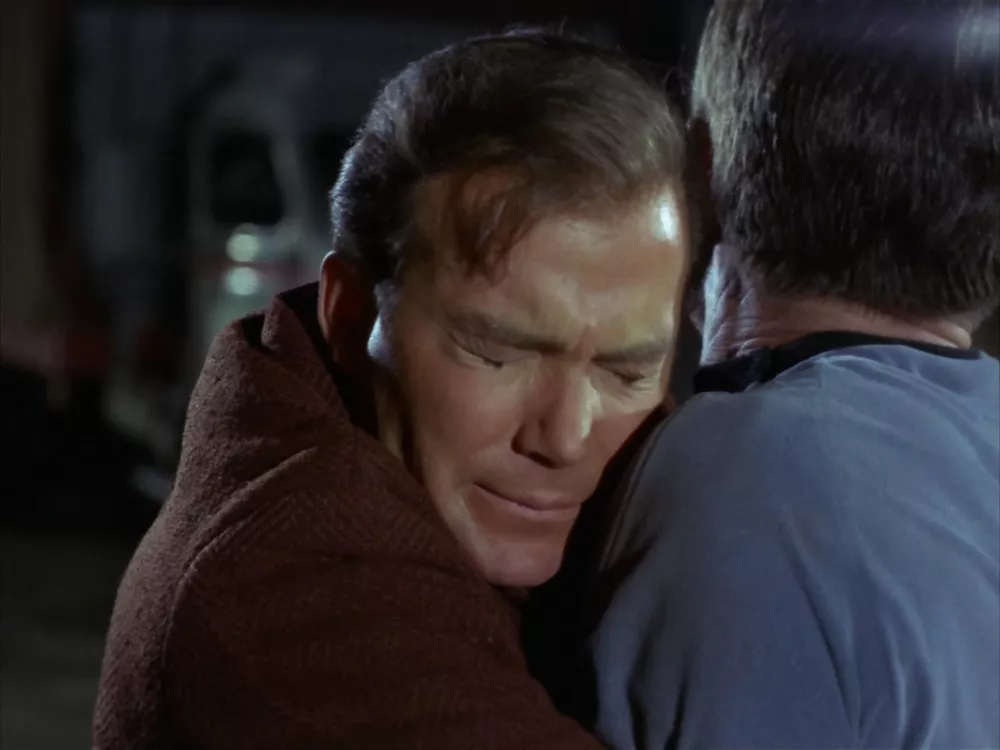
Conclusion
Once again, time travel serves as a useful vehicle to tell a powerful story that captures the core values of Star Trek. As I've discussed before, exploring moral conundrums like the choice about saving Edith Keeler as well as the optimistic vision of a bright future that inspire people to work towards it define peak Star Trek. The impact of The City on the Edge of Forever is as powerful today as it was when it first aired nearly 60 years ago.
